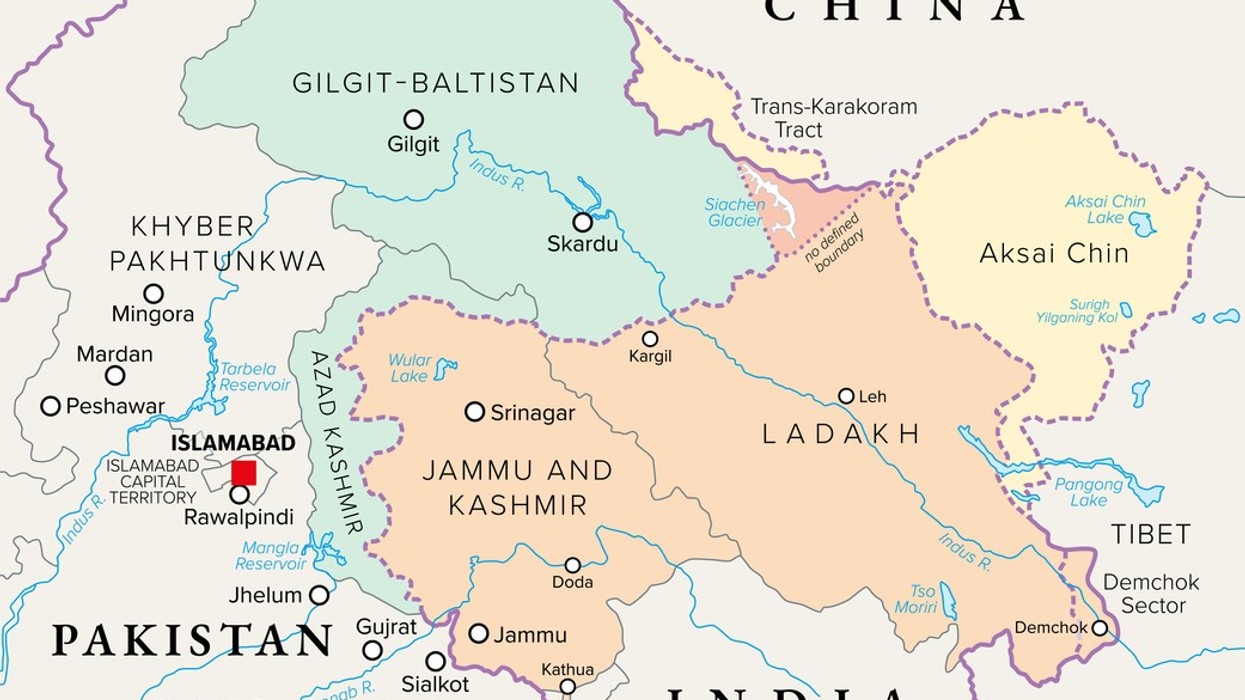Highlights:
- Karthik Nayani awarded $500,000 NSF CAREER grant for five years.
- Research focuses on rod-shaped DNA’s role in cell organization.
- Findings could enable faster, more accurate infectious disease tests.
- His work also explores liquid crystals, lithium extraction, and Covid-19 detection.
- Plans to use award to develop K-12 science education programs.
Indian American scientist Karthik Nayani, an assistant professor of chemical engineering at the University of Arkansas, has been awarded the highly regarded National Science Foundation (NSF) CAREER award, valued at $500,000 over five years. The CAREER award is one of NSF’s most competitive honors, given to early-career faculty who show great potential as academic leaders in both research and education.
Unlocking the Secrets of Living Cells
Nayani’s award-winning project seeks to unravel how rod-shaped strands of DNA drive the movement and organization of particles inside living cells. Each cell contains intricately organized compartments, with different chemical environments needed for life’s processes. Despite DNA’s familiar reputation as a carrier of genetic information, Nayani’s work explores how the physical structure of DNA, with its rod-like shape, creates powerful forces that shift and arrange other particles, forming the compartments that keep cells running efficiently.
He explains this by comparing a cell to a restaurant about to host a banquet—tables and chairs (large particles) are pushed aside to make way for guests (smaller particles), a phenomenon scientists call “depletion.” Rod-shaped DNA exerts particularly strong depletion forces, but researchers still don’t fully understand why these shapes are so effective.
Possible Breakthroughs in Diagnostics
Nayani’s fundamental research has major potential applications. One future goal is to harness the way DNA organizes cell interiors for dramatically improved medical tests. His work could lead to tests that are faster and more sensitive than the current PCR methods used for detecting infections or genetic abnormalities—including nearly instantaneous DNA detection and real-time tracking of disease markers. Since DNA’s organizing capabilities can be observed by introducing disk-shaped particles that align to form liquid crystals, there’s scope to optically detect very small amounts of DNA, enabling earlier and more effective diagnosis of diseases like COVID-19 and others.
Championing “Soft Matter” Science and Education
All of Nayani’s research falls under the umbrella of “soft matter physics”—the study of substances that are not quite solid and not quite liquid, but exist somewhere in between. These materials, like gels or biological tissue, are central to both everyday life and advanced technology. To inspire the next generation, Nayani’s CAREER grant includes developing outreach programs for K-12 students, demonstrating how chemical engineering and soft matter concepts explain everything from washing your hands to making espresso.
Nayani’s approach allows graduates in chemical engineering to pivot across a wide range of careers, whether in energy, manufacturing, high-tech materials, or biomedical science—a flexible path that he believes will draw more young people into science and engineering.
Recognized Leader in Science
An alumnus of IIT Kanpur and former postdoctoral scholar at Cornell, Nayani earned his PhD at Georgia Tech, where he researched the spontaneous order in liquid crystals. His innovative work and passion for science education signal a promising future, both for his students and for discoveries with global impact.
Through this award, Karthik Nayani aims to unlock not just the mysteries of cellular life, but new possibilities in healthcare and materials science, building a bridge between deep fundamental science and real-world applications.















